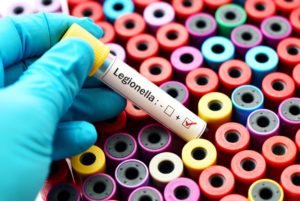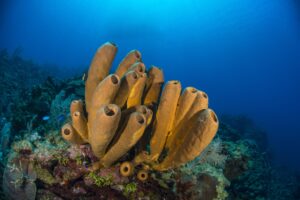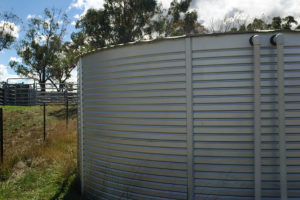
Water tests may fail to detect Legionella
Like false-negative results for virus testing, Flinders University experts have found that standard testing for Legionnaires’ disease is not always fail safe. To counter the […]

Like false-negative results for virus testing, Flinders University experts have found that standard testing for Legionnaires’ disease is not always fail safe. To counter the […]

Using marine sponges, Flinders University researchers have developed a new technique to read complex microbial populations – a technique that could also be applied to improve […]

Simple measures such as regular maintenance of backyard tanks and rooftops can help reduce microbial contamination of household rainwater, Flinders University experts say. Ahead of the […]
Flinders researchers are making ‘real progress’ in finding better ways to more sustainably separate valuable ores such as copper, iron, lead and zinc.
Flinders research projects that hold the promise of improvements to crime scene forensics and longer life for fibreglass pipes have won funding of $60,000 from the State Government.
Ear, Nose and Throat researchers will be looking up nostrils to find answers about how well snot protects the nasal airways from the bacteria and fungi we breathe in.
A deadly bug which strikes the sick, injured and those undergoing invasive medical procedures will come under the microscope as part of a Flinders Uni study.
A Flinders University researcher is digging deep to discover how certain bacterial strains found in wheat can stimulate a plant’s natural defence fighting mechanisms.
Contrary to some scientific beliefs, Flinders University PhD candidate Michael Taylor has literally grown his own evidence to suggest the bacterium which causes the potentially-fatal Legionnaires’ disease is more than just a parasite.